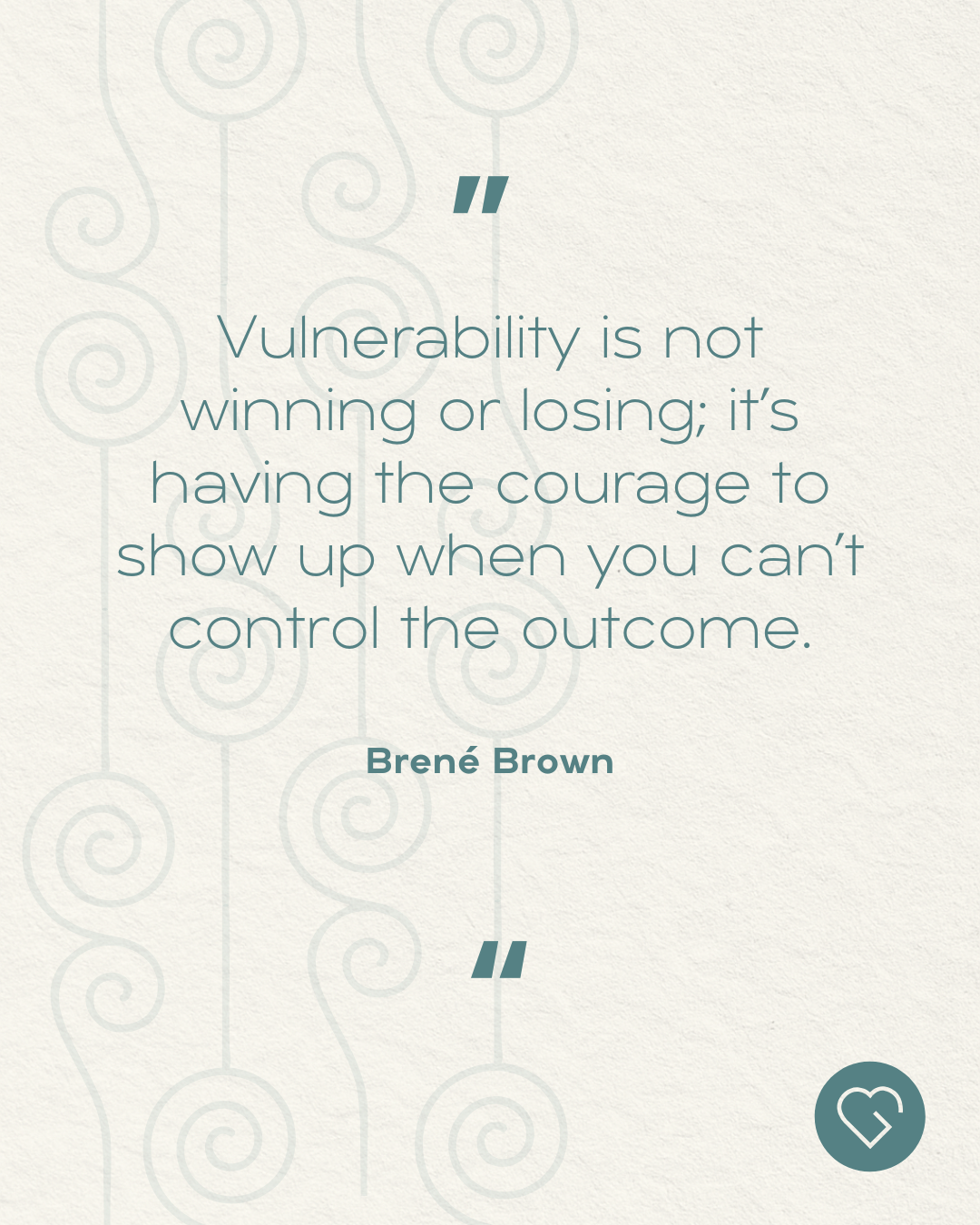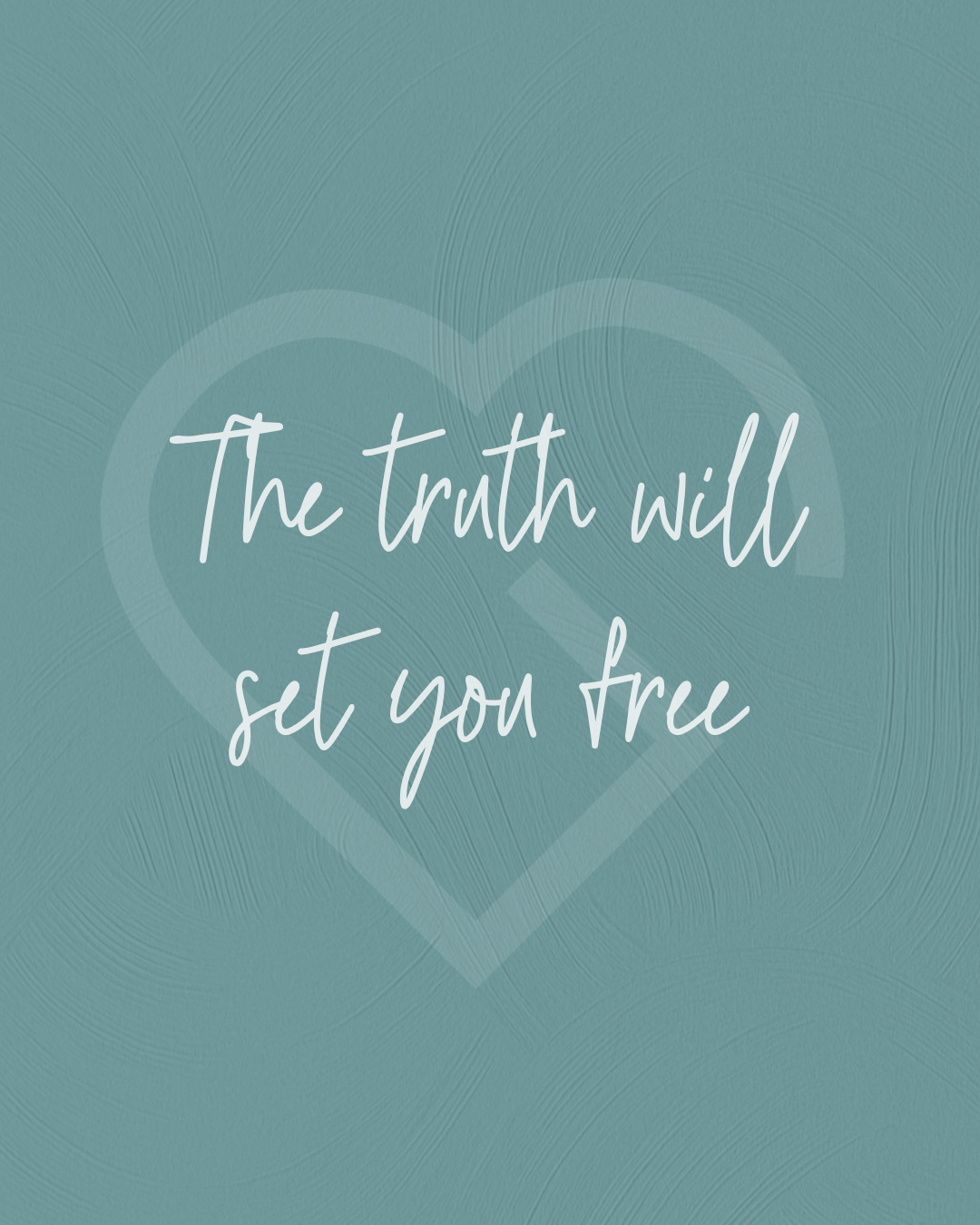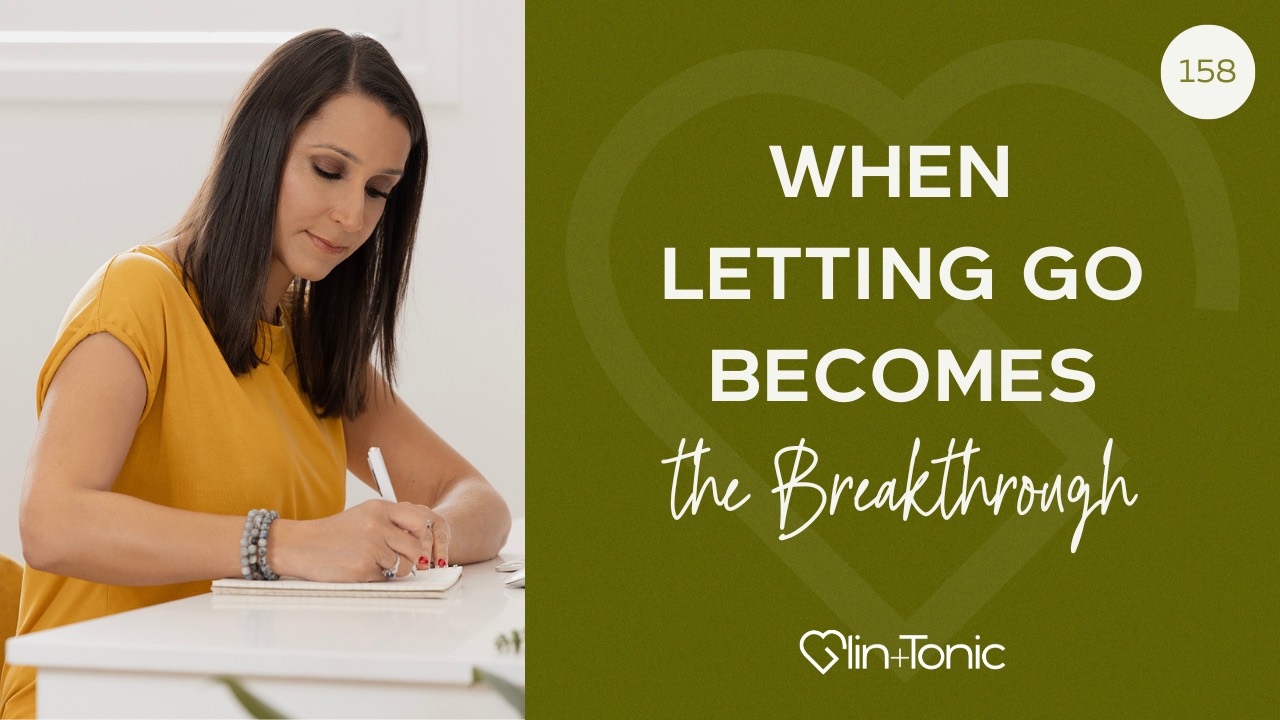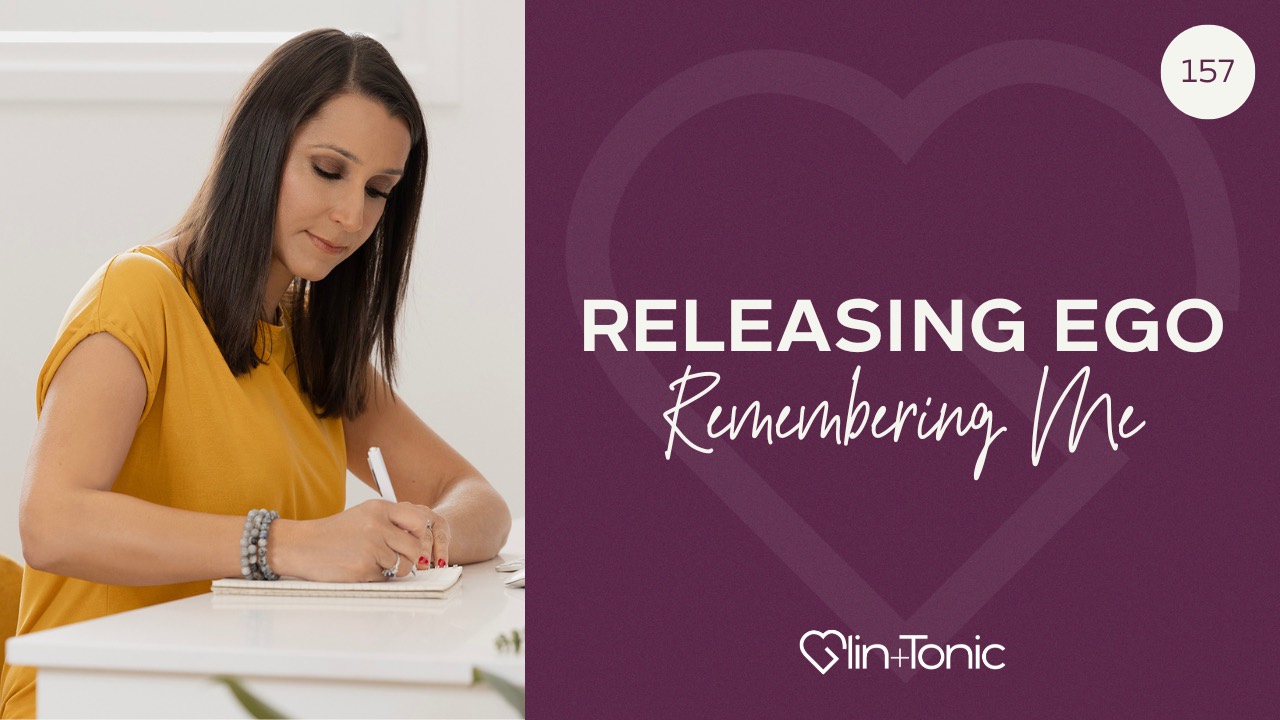#160: Glin & Tonic - When Truth Feels Like Conflict
On staying true to yourself, even when it’s misunderstood.
This past week, I had an experience that reminded me how easily emotional honesty can be misunderstood.
I was at an event with friends. It was meant to be a light, social night, a friend had kindly paid for my ticket, we’d driven together, and the vibe was intended to be fun.
But early on, I knew something was off.
Not in them, in me.
I didn’t want to be there.
I held it for a while. Tried to stay present. Tried not to “ruin the night.”
But internally, I was overwhelmed. I’d unexpectedly become the designated driver, and the weight of staying longer than I had capacity for began to press in.
At one point I even considered asking John pick me up, just so I could leave. I was 50 minutes from home, and I felt torn, responsible for getting others home, while emotionally tapped out and physically stuck.
Eventually, I stepped outside for air. When I returned, I shared how I was feeling, not to create drama or demand anything, but to be honest about where I was at.
What followed wasn’t argument or hostility.
It was something quieter, and heavier.
Discomfort. Silence. Deflection.
We stayed longer. Then we drove home. Everything on the surface seemed ok.
But something underneath had shifted.
And in the days that followed, the silence confirmed it.
I sent a voice note the next morning to acknowledge what I’d been feeling, trying to name my experience while still holding care for theirs.
I followed up again later when I didn’t hear back.
Eventually, one of the friendships opened back up. And what I heard gave language to what I’d been sensing all along:
“When you shared how you were feeling, it was like a dark cloud came over me. I wanted a light and fun night, and suddenly everything felt heavy. I didn’t know how to process it. I didn’t even think to ask what you needed - I just didn’t want to feel that way. I didn’t want conflict.”
What I’d shared wasn’t conflict.
It was honesty. Tired, tender, but respectful.
But for them, truth felt like tension.
Discomfort felt like disruption.
And instead of staying in connection, they stepped back.
Not out of cruelty.
But out of discomfort they didn’t know how to hold.
That’s what I’ve been sitting with.
The clarity that:
-
My emotional truth didn’t fit the version of the night they wanted.
- Their disappointment, both in the night and in me, took up more space than my dysregulation.
-
No one asked what I needed, not because they didn’t care, but because they didn’t think to.
And it was the space filled with silence that quietly undid me.
This moment revealed how quickly emotional honesty can be misunderstood.

Not because the words are sharp, but because we’re not often taught how to stay present with someone else’s vulnerability, especially when it interrupts the story we were hoping to have.
For them, the story was: a carefree, social night.
And when my truth interrupted that, I became the problem.
And I get it. I really do.
We all want lightness.
But if the only way to keep lightness is by avoiding truth, then I’m not interested in building closeness that fragile.
This isn’t about blame.
It’s about the cost of being honest when others expect you to be easy.
It’s about the quiet grief of realising that even when you do your best to be kind and clear, your emotions might still be seen as an inconvenience.
It’s about how silence, avoidance, and unspoken disappointment can do more damage than the discomfort they were trying to escape.
What I want is connection that can stretch.
That doesn’t flinch at feeling.
That doesn’t confuse truth with attack.
That doesn’t equate emotional honesty with conflict.
And in the absence of that?
I want the kind of self-connection that reminds me:
“You didn’t do it perfectly. But you didn’t do it wrong.”
And that has to be enough, for now.
I’m sharing this because it speaks to something we don’t often say out loud:
Emotional honesty doesn’t always land the way we hope it will.
“The truth will set you free, but first it will piss you off.” - Gloria Steinem

Sometimes it’s misunderstood.
Sometimes it’s met with silence.
Sometimes it costs you connection, or reveals where connection was conditional to begin with.
But that doesn’t mean you did it wrong.
It just means you were honest in a space that couldn’t hold it.
So if you’ve ever walked away from a moment wondering, “Was I too much?”, maybe the better question is:
Did I stay true to myself - even when it was uncomfortable?
That’s the kind of honesty I’m learning to stand by.
Not the kind that demands anything of others, but the kind that refuses to abandon myself.
And that’s something I’ll keep returning to.
Even when it’s messy.
Because it matters.
Keep going and keep growing.
Love Glin x

P.S. Three quiet wins from my week:
1. Not seeking belonging by abandoning myself
I honoured my emotional truth, even when it felt a bit awkward. I didn’t do it perfectly, but I stayed with myself. And that counts.
Because every negotiation starts with the one you have inside, and how you show up in the outer ones is shaped by whether you’ve backed yourself in the inner ones.
2. Helping someone own their value.
I worked with an experienced director on her value proposition and premium positioning, so her future clients know exactly what she brings and what they can expect in exchange.
The outer clarity came from doing the inner work first, and that’s the foundation of a powerful negotiation.
3. A message from a former client.
I received a note from someone I worked with years ago at a large global FMCG business. He shared how a recent high-stakes negotiation became “a complete game changer” after remembering our conversation on the human element of negotiation. His customer acknowledged their previously extreme behaviour, and he was able to shift the dynamic “towards partnership and joint value creation.”
“I felt much more in control of 1. my emotions and 2. my own value add and power. This customer is now set up for growth in a tough trading environment. Your teachings still ring true even a few years on.”
Proof that when you trust your value and stand in it, both inside and out, the ripple goes far.





Responses